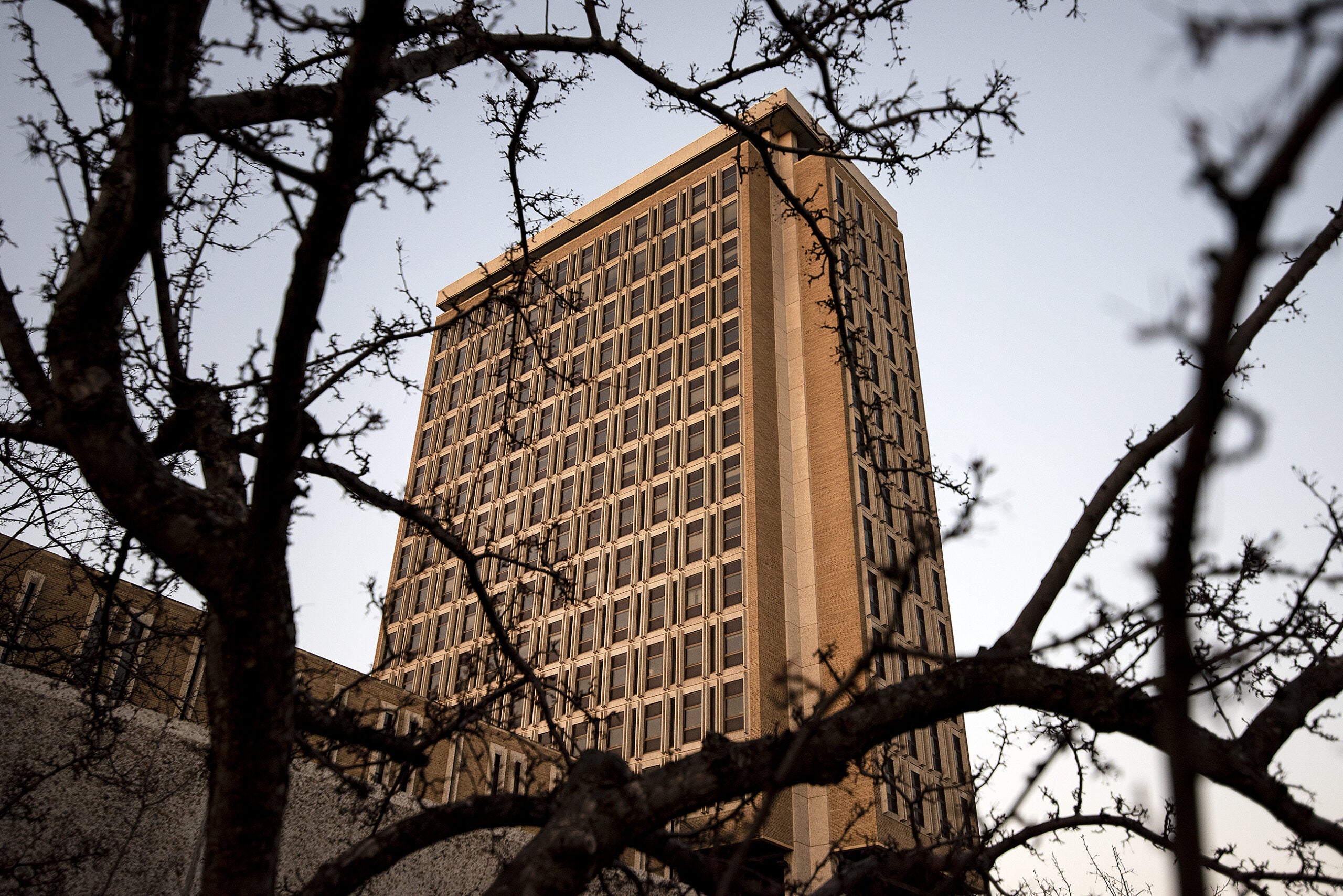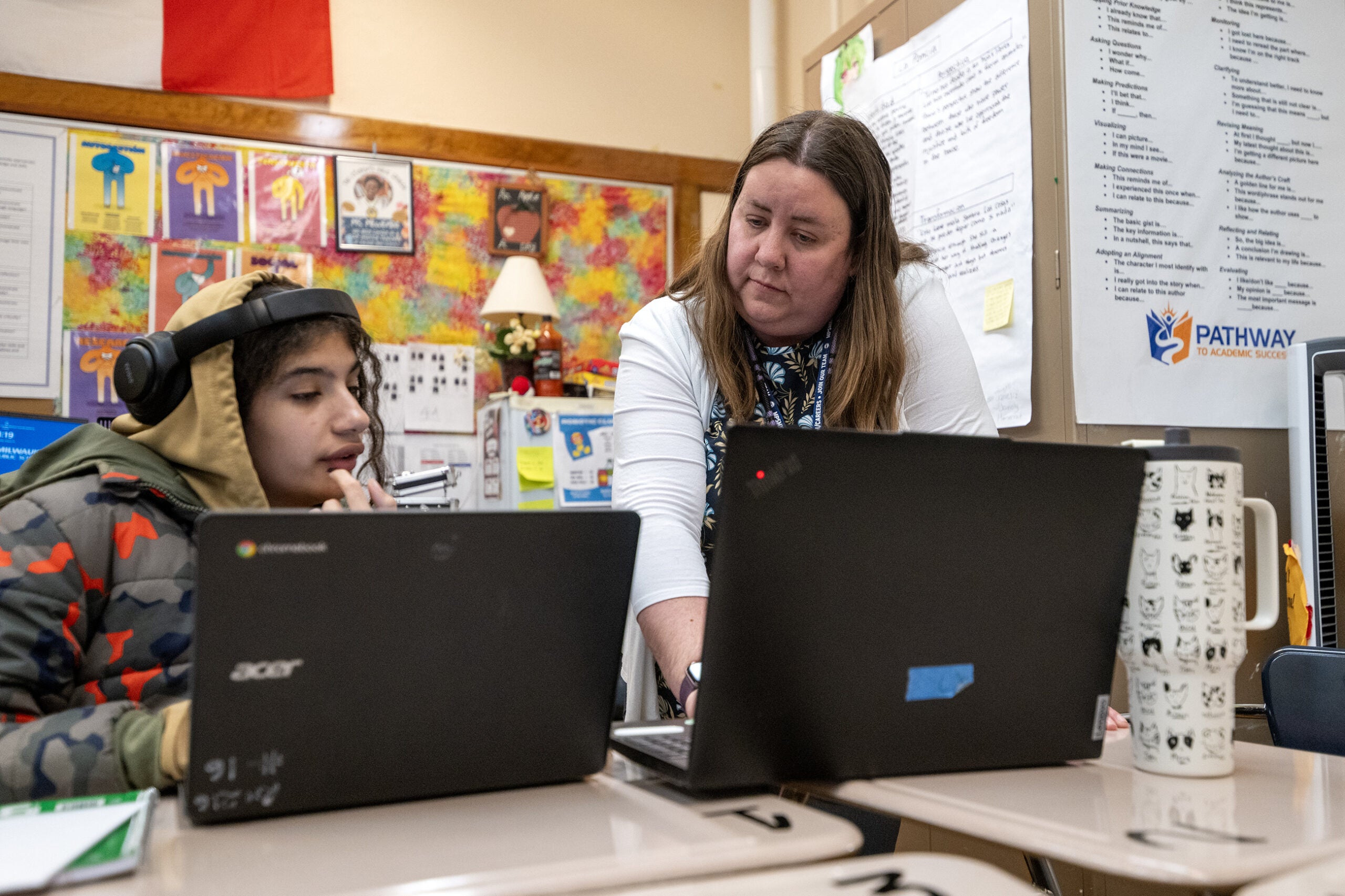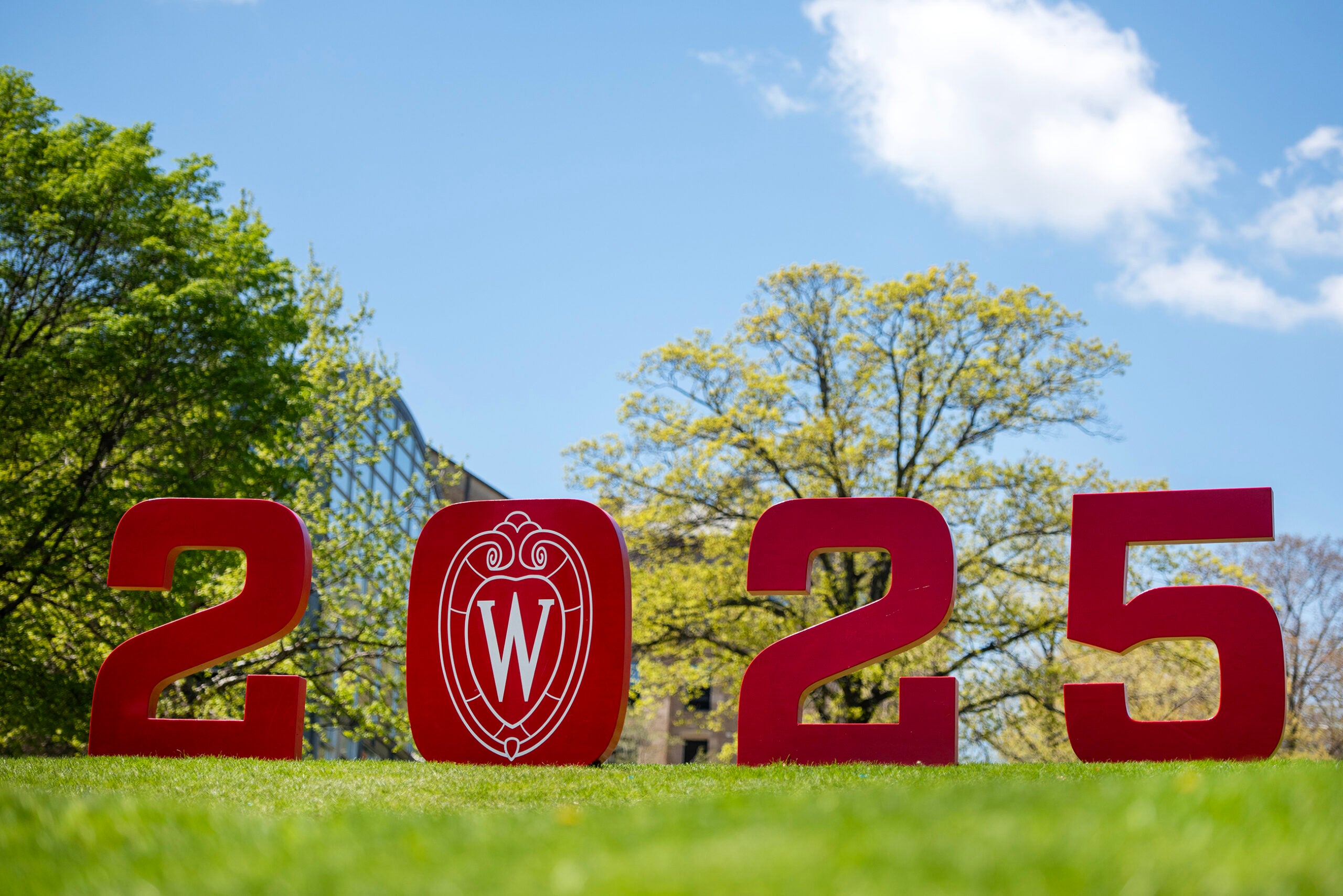The Universities of Wisconsin will receive around $32 million in funding withheld for months by Republican lawmakers amid ongoing efforts to eliminate diversity, equity and inclusion programs on campuses.
The powerful Republican-controlled Joint Finance Committee approved the release of the funding, aimed at boosting engineering, nursing, health care, business and computer science graduates, with a unanimous vote of 15-0.
Despite the harmony of that vote, Democrats and Republicans on the committee sparred over the delay and what the future of state universities should look like.
The $32 million in funding was set aside by Republicans for workforce development initiatives during the last state budget process. But soon after the budget passed, Assembly Speaker Robin Vos, R-Rochester, announced the funding would not be released until the UW ended diversity, equity and inclusion, or DEI, programming and staff.
Since then, campuses like UW-Oshkosh, UW-Platteville, UW-Parkside and UW-Green Bay have announced plans to cut hundreds of employees to close existing budget deficits due to declining enrollments and a decade-long freeze on residential tuition increases, which ended last year.
News with a little more humanity
WPR’s “Wisconsin Today” newsletter keeps you connected to the state you love without feeling overwhelmed. No paywall. No agenda. No corporate filter.
The release of the $32 million is one of the final pieces of a compromise reached between Vos and the UW System Board of Regents in December. Under the deal, the UW agreed to support a GOP bill requiring automatic admissions of top performing state high school students, freeze DEI staffing, “restructure” 43 existing DEI positions and end a UW-Madison initiative aimed at attracting more diverse faculty.
In exchange, Republicans agreed to release pre-approved pay raises for UW employees, vowed to lift the hold on the $32 million in workforce funds and approve several UW building projects including a new UW-Madison engineering building.
Rep. Mark Born, R-Beaver Dam, who co-chairs the budget committee, said he was proud of the work by Republicans to redirect “this money that was being wasted.”
“And I’m also proud of the work of some of the schools in the system to step up and say, ‘You know what, we’ve got to right-size our operation.’” Born said. “That’s why people got laid off. That’s why they made some changes. There’s less students graduating high school, there’s less students going to college.”
Sen. Eric Wimberger, R-Green Bay, said the “UW is doing just fine” in terms of state funding. He pointed to UW program revenue balances of “up to a billion and a half” dollars “just floating around for them to do various things with.”
UW leaders have repeatedly stressed that the bulk of those balances are already committed to various projects. Those balances, specifically from tuition, outraged Republicans in 2013, which led to the tuition freeze.
Democrats on the Joint Finance Committee accused their Republican colleagues of holding UW funding “hostage” in their push to eliminate DEI efforts.
Sen. LaTonya Johnson, D-Milwaukee, said Republicans “could do something about decreasing enrollment” by funding the Wisconsin Tuition Promise, which waives remaining costs not covered by financial aid for students from families with income below $62,000 per year.
The Universities of Wisconsin moved existing funds to pay for the first year of the promise program and asked for an additional $24.5 million from the Republican-controlled state Legislature, which rejected the proposal.
Sen. Kelda Roys, D-Madison, accused Republican leaders of essentially telling the UW to “come back on your knees, and then maybe we’ll think about giving you the money.”
“The plan that is before us is not what the universities asked for,” Roys said. “It is not what they require. It is not what they deserve to be able to do their best job for Wisconsin’s economy and for Wisconsin students.”
Editor’s note: This story has been updated to reflect which campuses have announced job cuts. WPR staff are employees of UW-Madison.
Wisconsin Public Radio, © Copyright 2026, Board of Regents of the University of Wisconsin System and Wisconsin Educational Communications Board.







